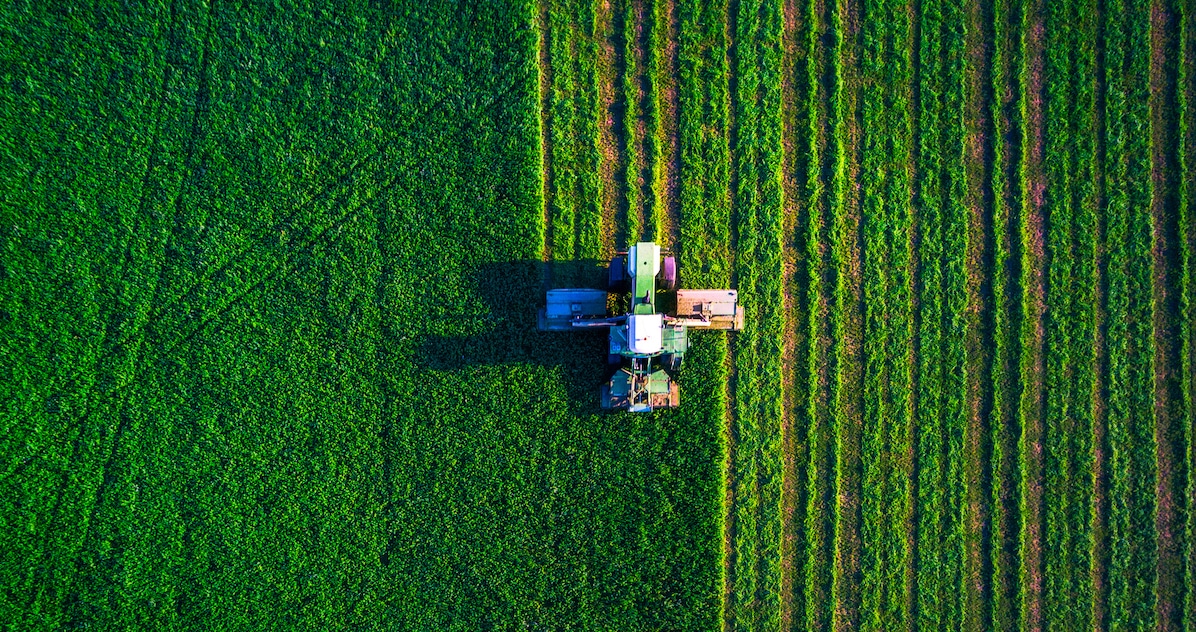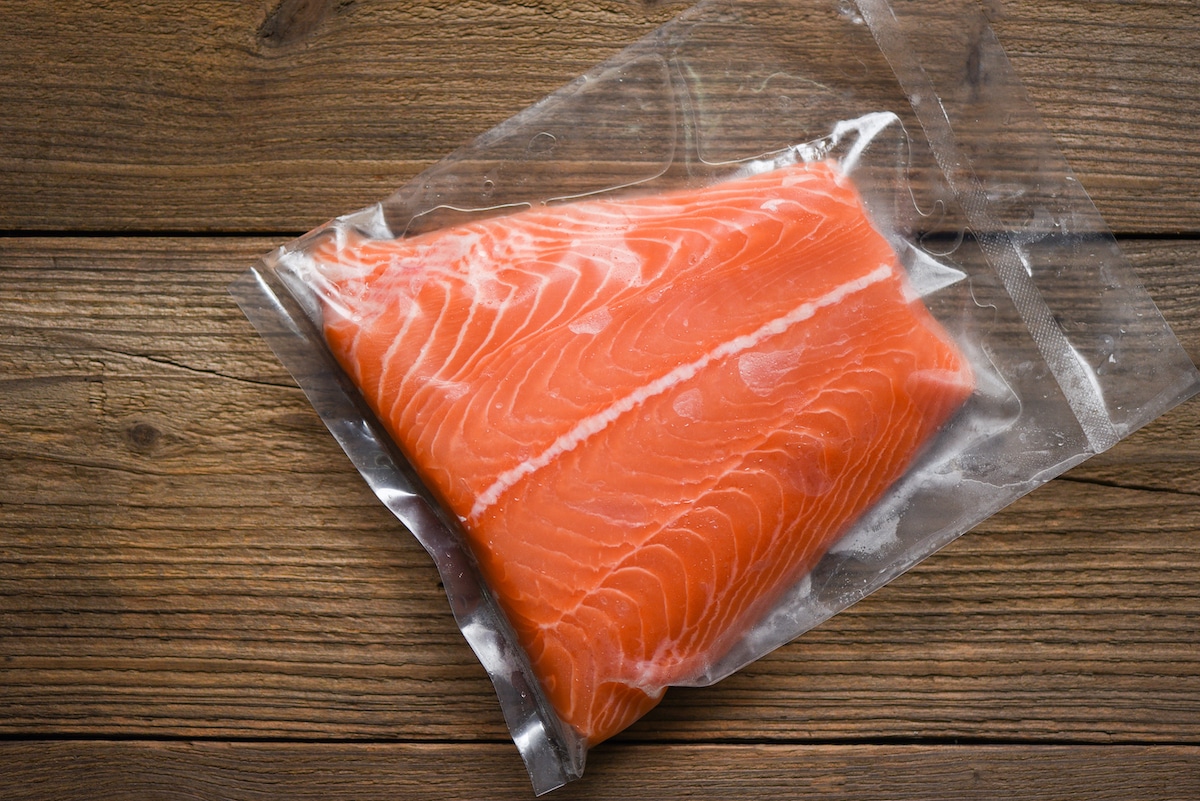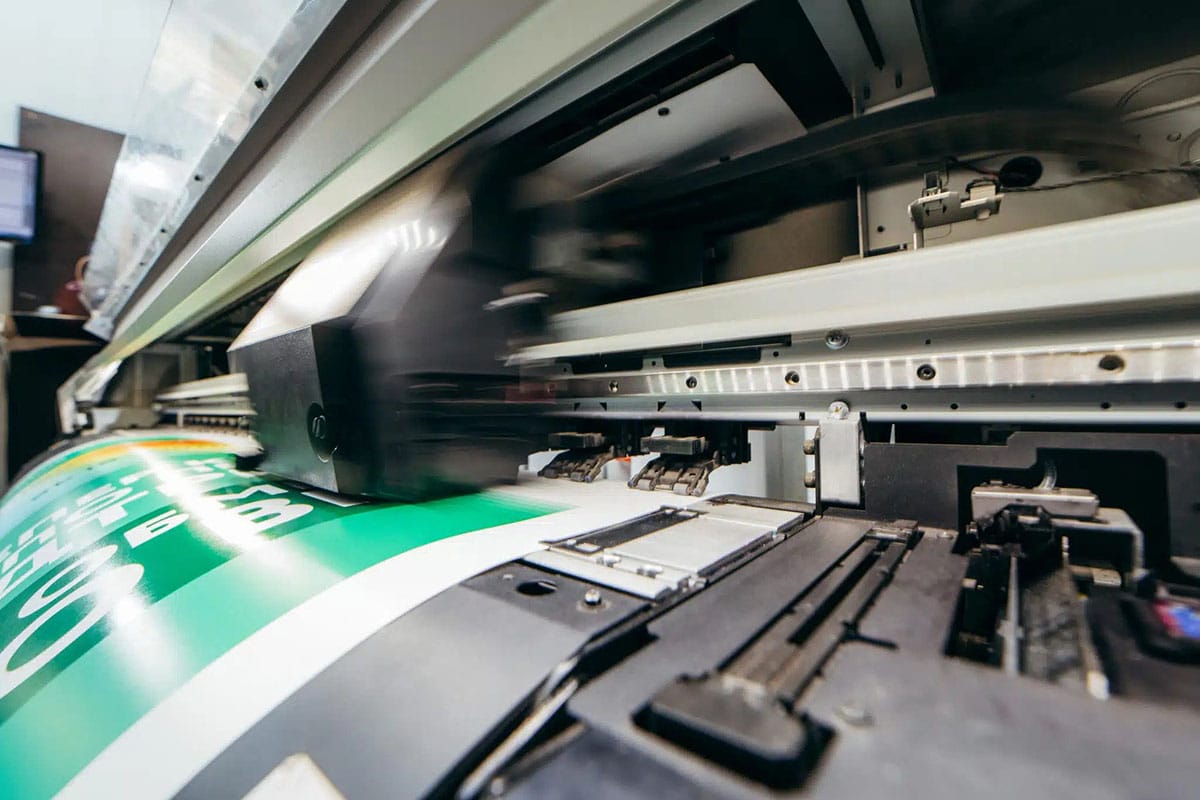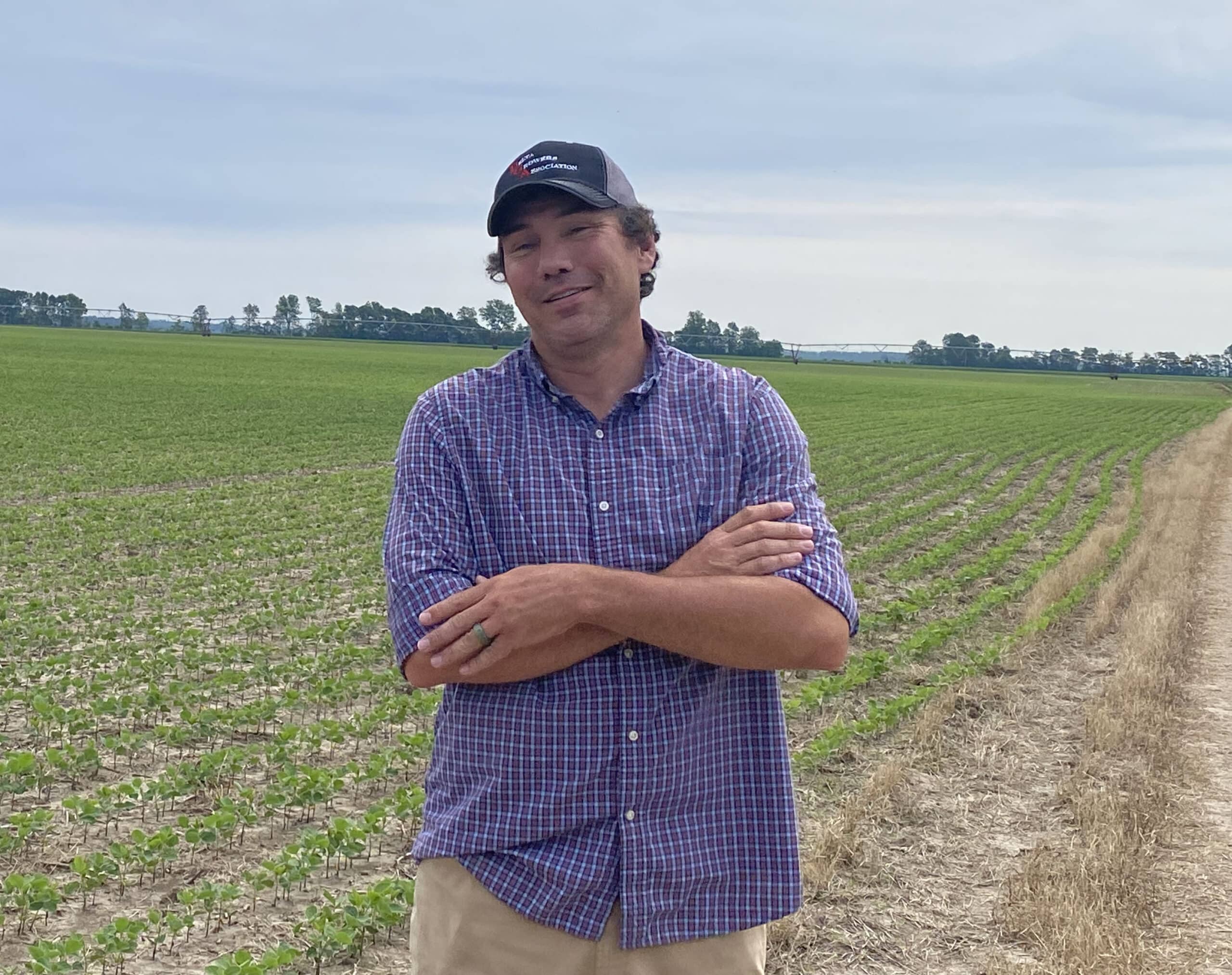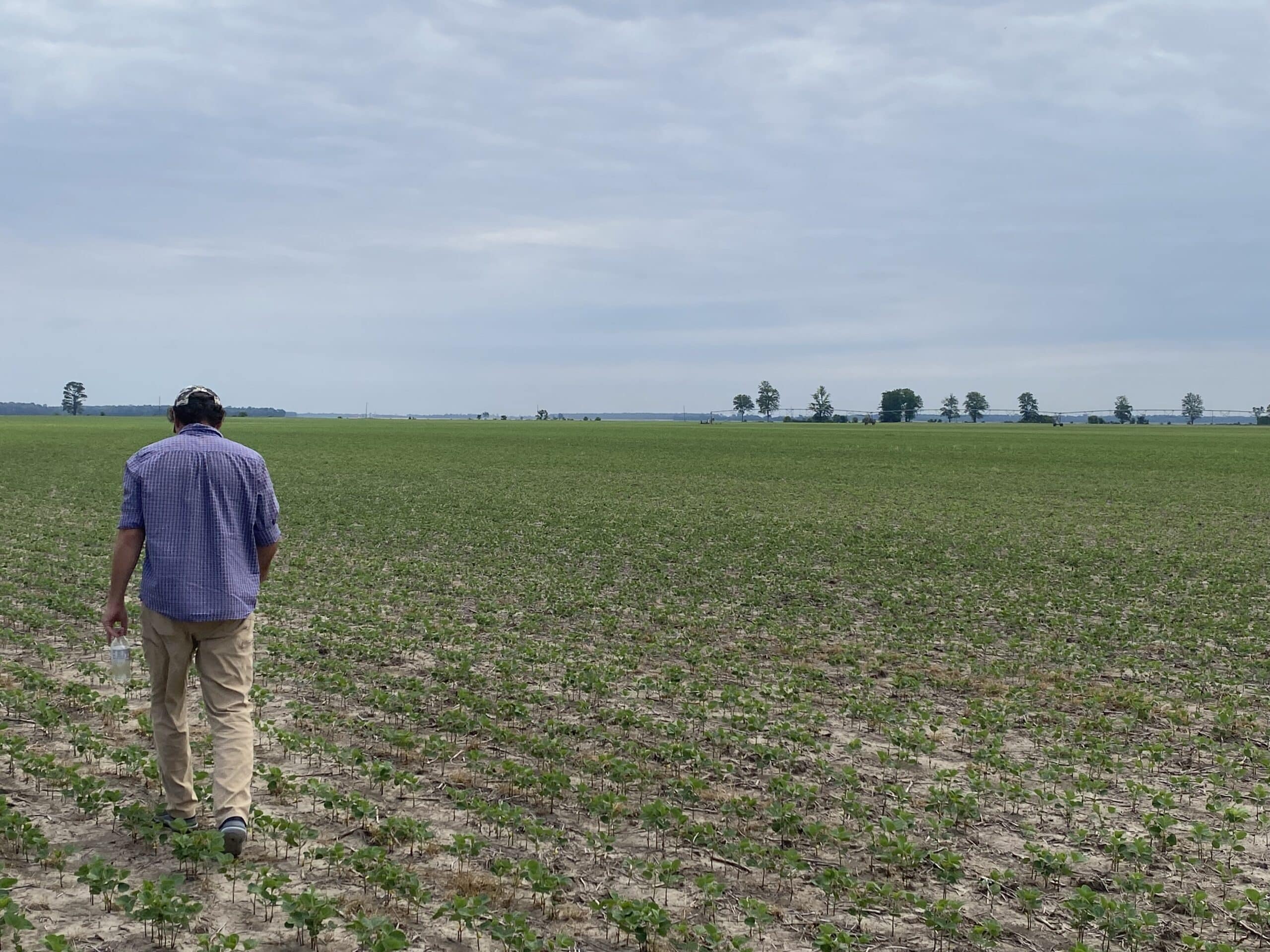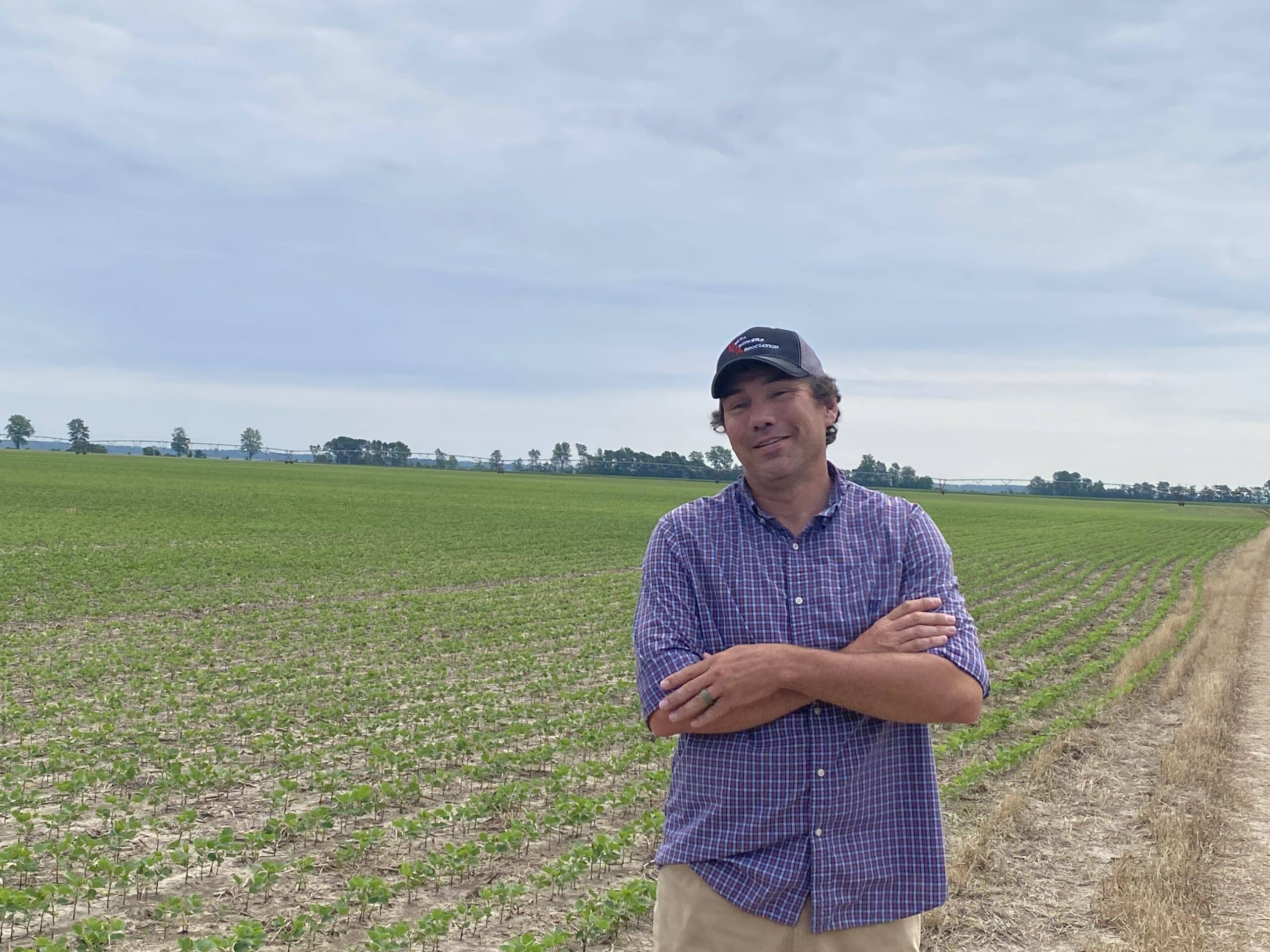- Industries
INDUSTRIES WE SERVE
AdvanSix makes innovative solutions possible for companies in a wide range of industries.
- Solutions
Solutions
Our vital chemistries provide the nutrition for crops that feed the world, the packaging that increases the shelf life of food in the grocery store, the additives in vibrant paints that decorate homes, the nylon in the soft, durable carpet under our feet, and so much more. - Careers
PEOPLE & CAREERS
Every day, AdvanSix employees create chemistries that turn possibilities into solutions. Together with our customers, we touch the lives of millions around the world.
- Newsroom
- About
ABOUT ADVANSIX
We are the source for vital ingredients that enable our customers to deliver a diverse range of products that make our planet safer, healthier, more sustainable and beautiful.
- Investors
© Copyright 2025 Advansix. All rights reserved.

